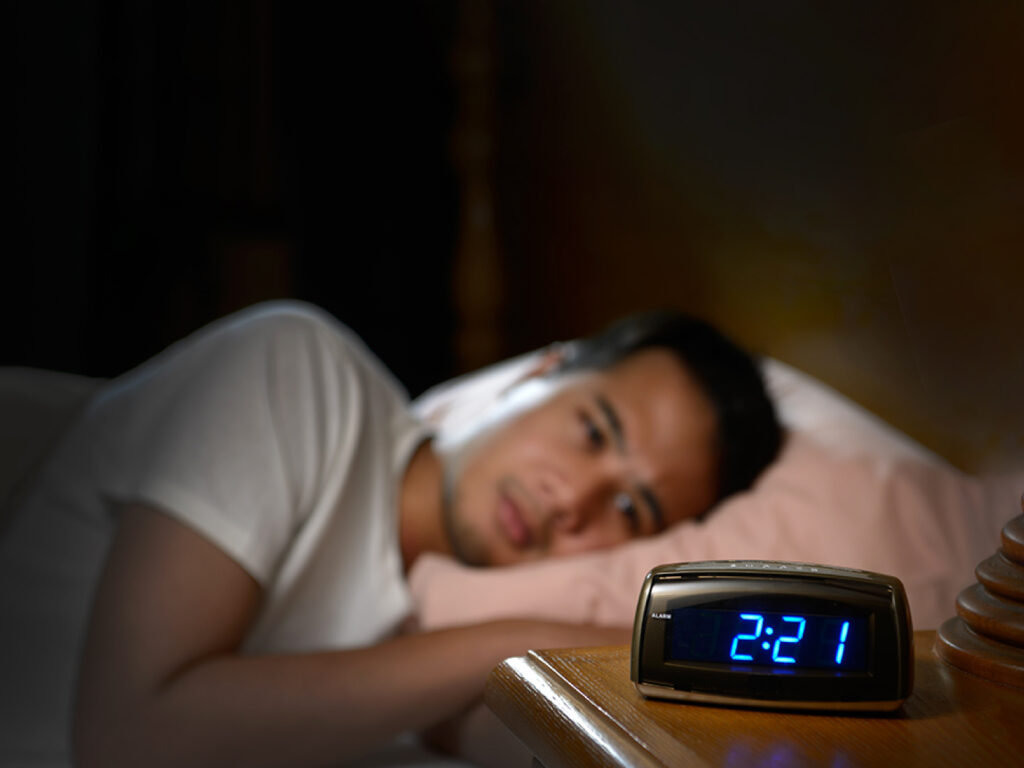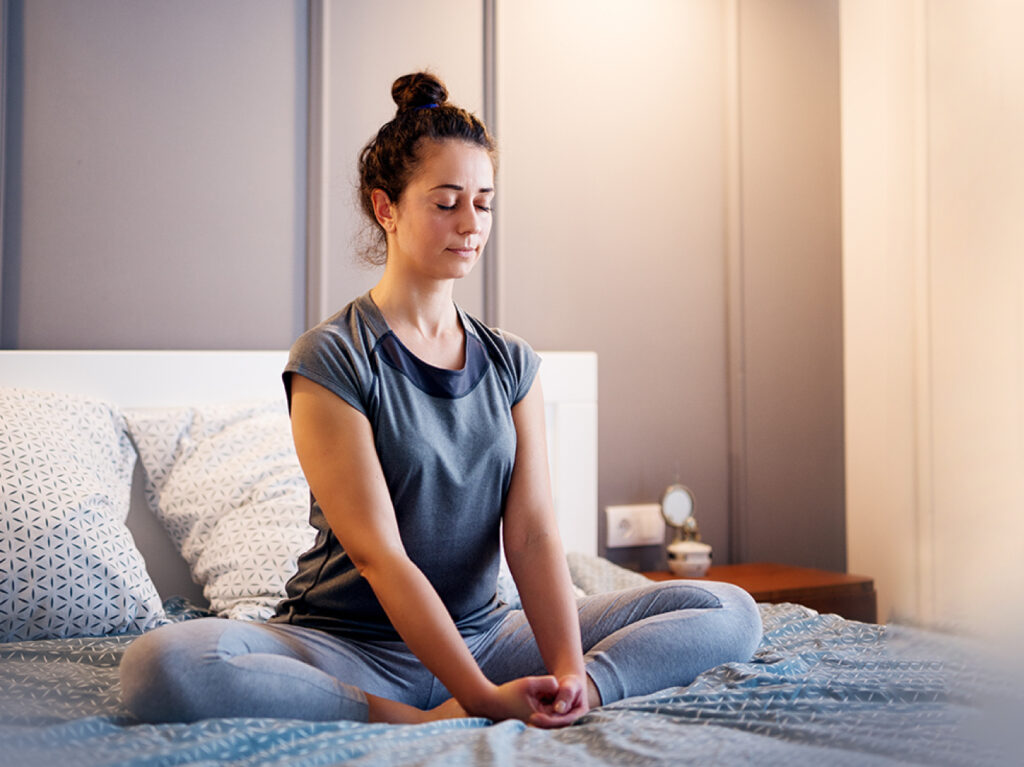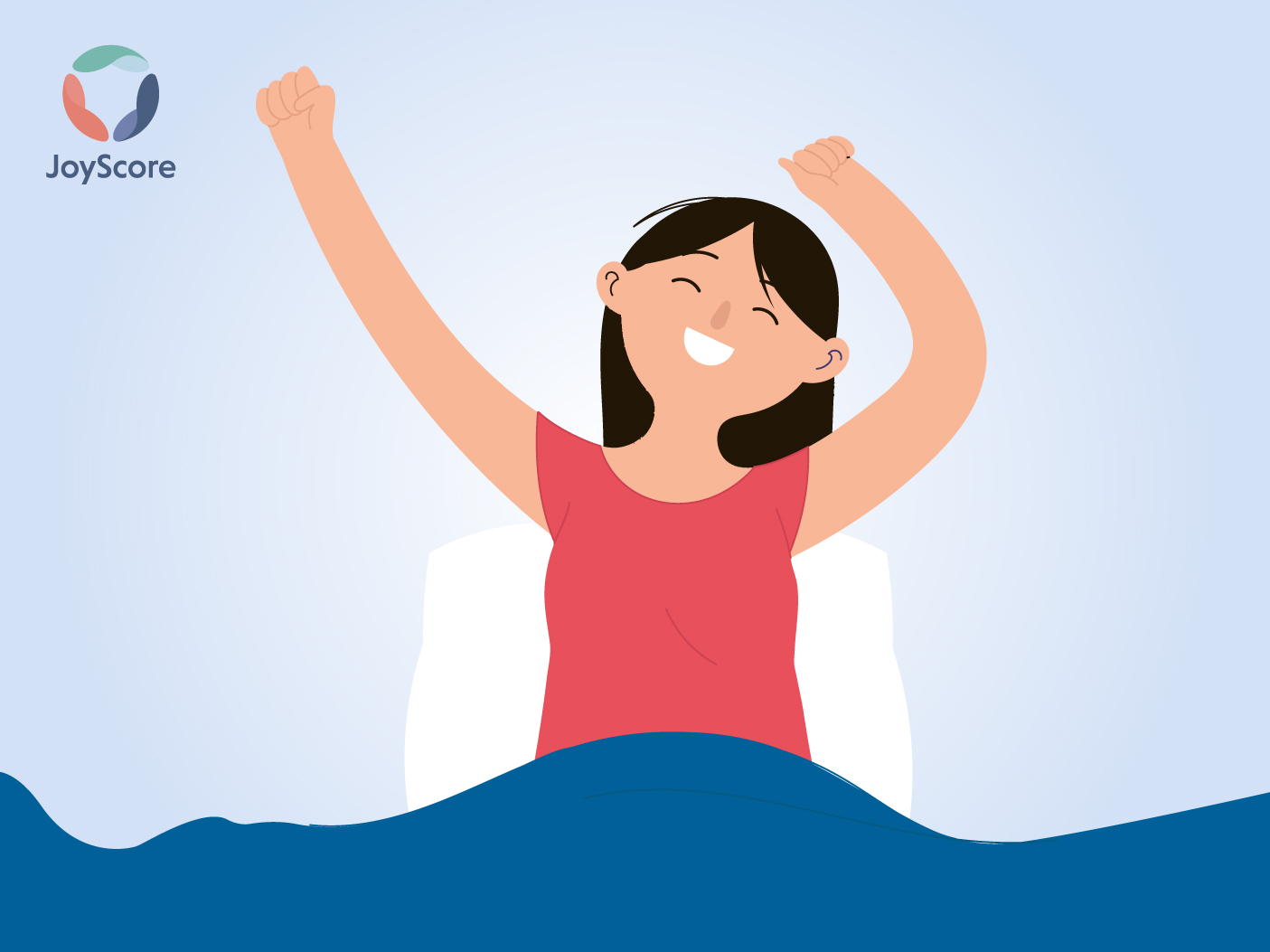A person sleeps 26 years on an average of 70 years of his lifetime. This activity may not seem so productive, as sleeping takes away the precious hours of potential when you could be getting stuff done. 34% of the adults in America barter the sleeping hours for working or catching up on emails, binge-watching on Netflix, texting overseas peers, scrolling through Instagram, and getting stuck in the loophole of the internet. After all, what else can be done in the period between 10pm – 2am, right?
This is the best time to sleep. The deepest and most regenerative sleep occurs during this time which is responsible for the feeling of freshness and zeal in the morning. Your body is ever ready to finish up the tasks of the day. After 2 am, sleep becomes superficial. This period is called dreaming sleep or REM ( Rapid Eye Movement). Your brain is twice as active as when you are awake and your eyes dart back and forth rapidly behind closed lids. This is well described as “ an active brain in a paralyzed body”. Just as deep sleep restores your body, dream sleep, or REM restores your mind by dissipating the irrelevant information. Studies have found that REM sleep eases learning and memory. After conducting a test, it was discovered that students who pulled an all-nighter to cram up before an examination retained less information than the classmates who got adequate sleep. If you refrain from sleeping before 10pm, you may wake up feeling still fatigued from the previous day. Hence, it is not important how much you sleep rather when you sleep.

Our brain is equipped with an internal clock called- the pineal gland. The pineal gland produces the hormone, melatonin, as the sunsets. Exposure to light prevents the secretion of melatonin and darkness promotes it. Parents often advise teenagers to avoid using cellphones during bedtime. This is due to the same reason that excessive screen time can allay the secretion of melatonin further impairing the sleep cycle. This can lead to obesity, a weakened immune system, hypertension, anxiety, and stress. Hence, even the adults should take the advice seriously and switch off their computers, laptops, and smartphones one hour before bedtime.
What are the other ways of improving sleep?
- Avoid stimulants such as coffee after lunch or in the evening. Caffeine delays sleep. Caffeine blocks the adenosine receptor to keep you from falling asleep.
- Take up relaxing activities to encourage sleep before going to bed such as meditation, reading a book, or a hot bath.
- Make sure your bedroom is darker than the shades of your room.
- Get yourself a comfortable mattress.
- Keep your bedroom at a cool temperature.
- If you are struggling to fall asleep, try a breathing activity called ‘parasympathetic breathing’, which is aimed at restoring your body to a state of calm. Or head over to JoyScore to try some breathing activities.
- If you had a poor sleep at night, you can take a power nap of 20 minutes for restoring the maximum functioning of the mind as well as alleviate stress. Napping too close to your bedtime impacts your sleep time at night.

There is no such ideal total number of hours for sleeping. Your sleep requirement and sleep pattern change as per your age. You can monitor and regulate sleep by being more aware of your body needs. For more insights on living a healthy and mindful life follow JoyScore. Download the JoyScore app now to experience more joy.



